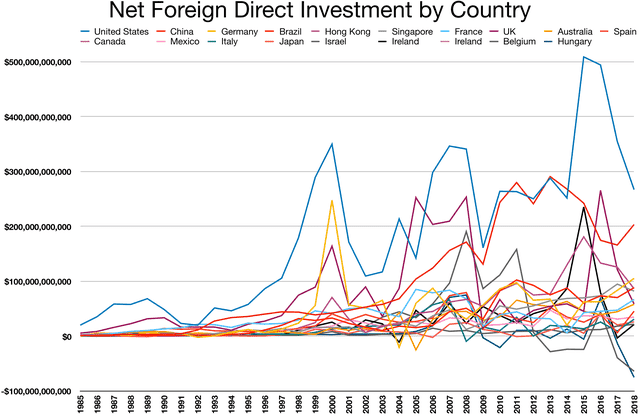Corruption exacts a heavy toll on society and the economy, leading to far-reaching consequences that impede development, foster inequality, and erode trust in public institutions. Here’s an exploration of the costs of corruption and how it impacts both society and the economy:
Economic Underperformance:
- Corruption diverts resources away from productive uses, hindering economic growth. Funds intended for public projects, infrastructure, and social services are often misappropriated, leading to inefficiency and underdevelopment.
Increased Inequality:
- Corruption exacerbates income and wealth inequality. Those with access to corrupt practices benefit disproportionately, creating a cycle of privilege and disadvantage that undermines social cohesion.
Impaired Investment Climate:
- The presence of corruption discourages domestic and foreign investments. Businesses may face unfair competition, arbitrary regulations, and bribery demands, deterring investors and hindering economic development.

- The presence of corruption discourages domestic and foreign investments. Businesses may face unfair competition, arbitrary regulations, and bribery demands, deterring investors and hindering economic development.
High Transaction Costs:
- Corruption increases transaction costs in both the public and private sectors. Businesses may incur additional expenses to navigate corrupt practices, slowing down economic activities and reducing overall productivity.
Undermined Public Services:
- Public services suffer when corruption diverts funds meant for healthcare, education, and infrastructure. This can result in inadequate and substandard services, negatively impacting the well-being of the population.
Impaired Infrastructure Development:
- Corruption hampers the development of critical infrastructure. Projects may be awarded based on kickbacks and bribes rather than merit, leading to poorly executed and incomplete infrastructure initiatives.
Loss of Tax Revenue:
- Corruption can contribute to tax evasion and fraud, leading to a loss of government revenue. This reduces the government’s capacity to fund essential public services and infrastructure projects.
Inefficient Resource Allocation:
- Resources are often allocated based on personal connections rather than merit. This inefficient allocation hinders the development of competitive industries and impedes the diversification of the economy.
Social Unrest and Instability:
- Widespread corruption can lead to social unrest and political instability. Citizens, frustrated by a lack of accountability and transparency, may engage in protests and demonstrations, destabilizing societies.
Diminished Foreign Aid Impact:
- Corrupt practices can undermine the effectiveness of foreign aid. Funds intended for poverty alleviation and development may be misused, reducing the positive impact of international assistance.
Erosion of Trust in Institutions:
- Corruption erodes public trust in government institutions and undermines the legitimacy of the state. When citizens perceive that officials are corrupt, they are less likely to comply with laws and regulations.
Stifled Innovation and Entrepreneurship:
- Corruption can create barriers to entry for new businesses and entrepreneurs. Those without connections may face obstacles in obtaining licenses and permits, stifling innovation and economic dynamism.
Health and Safety Risks:
- Corruption in sectors like healthcare and construction can lead to substandard practices and compromised safety standards. This poses direct risks to public health and safety.
Environmental Degradation:
- Corruption in environmental governance contributes to the depletion of natural resources and environmental degradation. Illegal logging, poaching, and pollution often result from corrupt practices.
Mitigating the costs of corruption requires a multi-faceted approach, including legal reforms, robust anti-corruption institutions, increased transparency, and active citizen engagement. Addressing corruption not only promotes economic development but also fosters a fair and just society where institutions can effectively serve the needs of the people.












